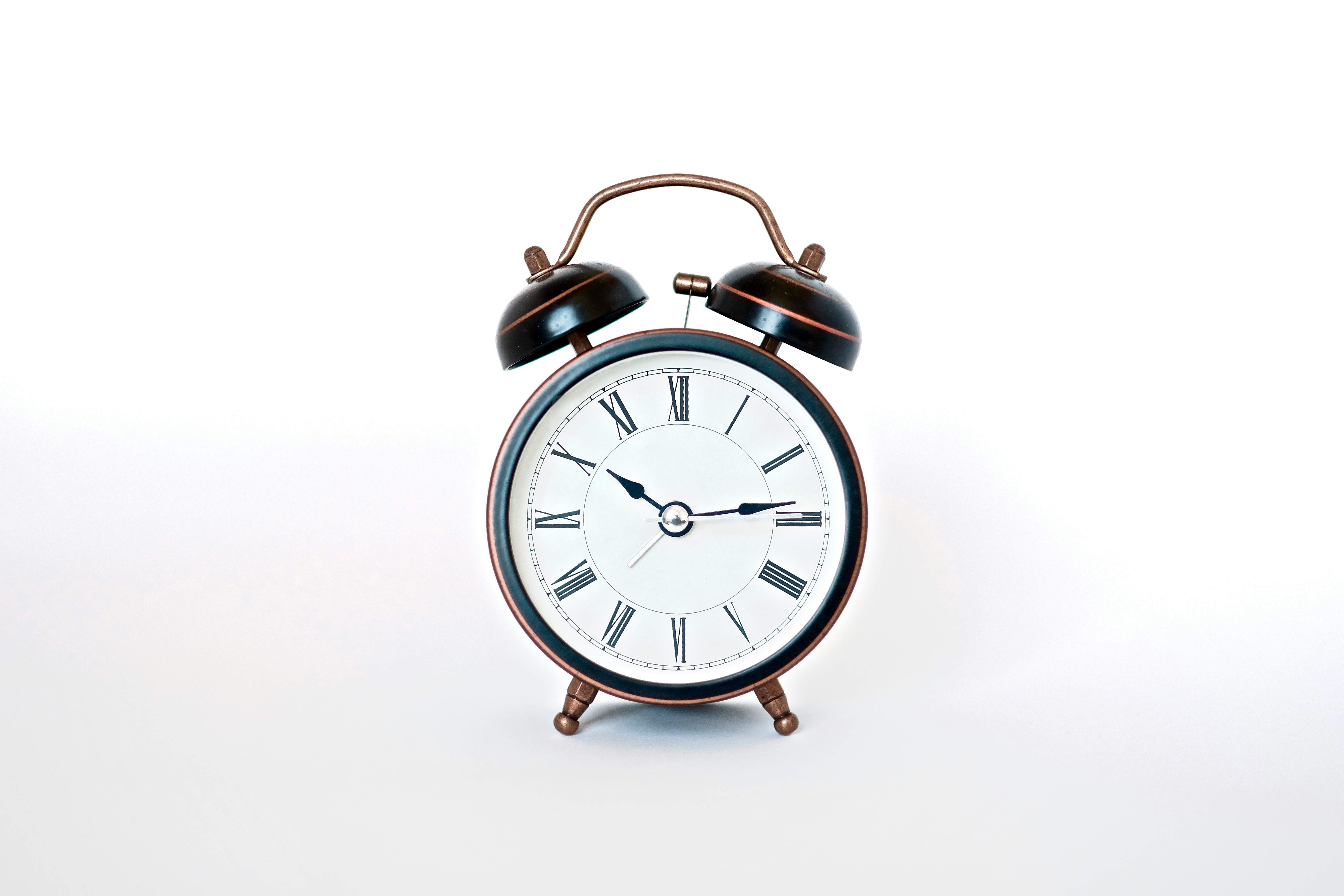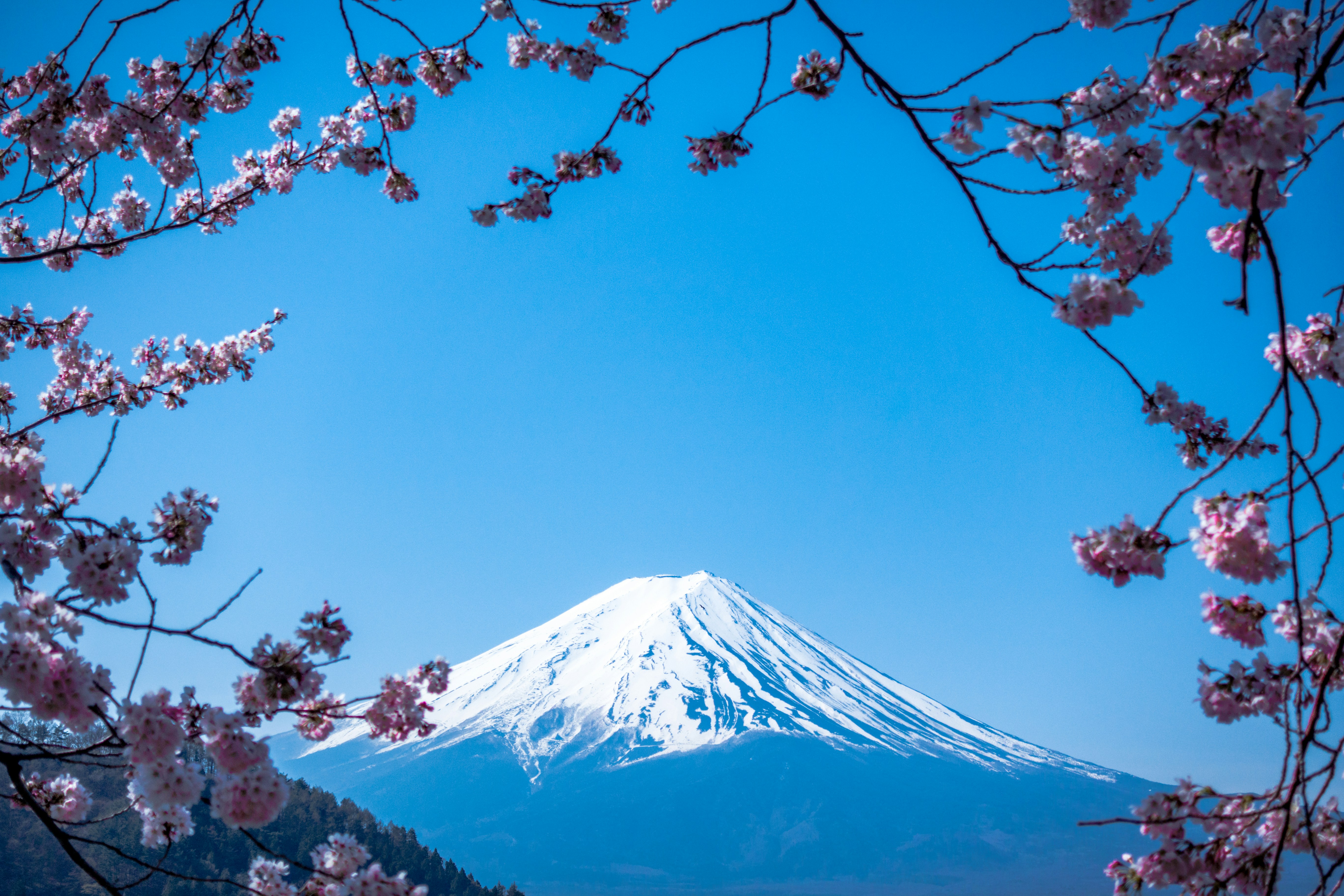17 Recommendations for Rural-themed Korean Dramas, From Light-hearted to Tear-jerking - SUMMER STRIKE Must Be on the List!
There are many Korean dramas set in rural areas, KLovers. It is often highlighted for its beauty.

Kapanlagi.com - Japanese Language has become one of the most widely studied foreign languages today. This phenomenon cannot be separated from the popularity of manga, anime, and Japanese films internationally. In addition, many are also interested in the unique Japanese culture. When learning a foreign language, it is important to understand vocabulary, especially those used in daily life such as the Japanese greeting "good afternoon."
Because in various languages including Japanese, greetings become expressions used in daily interactions. Even in Japanese culture, giving greetings is one form of respect or politeness. That is why it is important to know the greetings "good morning," "good afternoon," and "good evening" in Japanese, especially if you are interested in delving into their culture.
So, what is the Japanese language equivalent of "good afternoon"? Instead of being curious, to find out, let's directly refer to the following explanation:

Japanese Greeting Good Evening (credit: unsplash)
In daily life, the most popular Japanese greeting phrases are "Ohaiyo gozaimasu" which means 'good morning', "Konnichiwa" which means 'good afternoon/evening', and "Konbanwa" which means 'good evening'. There is hardly any discussion about the phrase "selamat sore" in Japanese.
Not many people know that the term "selamat sore" in Japanese is still expressed as "Konnichiwa". This is because the use of the greeting "Konnichiwa" in daily life is from 10:00 AM/PM until 06:00 PM/AM.
Meaning, the greeting phrase "Konnichiwa" in Japanese can be used as both "good afternoon" and "good evening" depending on the time of utterance. In addition, "Konnichiwa" in general can also mean 'Hello'.

Time Division of Greetings in Japanese (credit: unsplash)
Based on the explanation above, it is known that each greeting expression "Ohaiyo gozaimasu" (good morning), "Konnichiwa" (good afternoon and good evening), and "Konbanwa" have their respective time divisions. For more details, here is the division of time usage for greetings in Japanese:
1. Ohaiyo gozaimasu (Good Morning)
Used in the morning, from sunrise until before the sun rises. If translated into hours, it is from around 4:00 AM to 10:00 AM (although some consider it until 12:00 PM).
2. Konnichiwa (Good Afternoon and Good Evening)
As mentioned earlier, the greeting expression "Konnichiwa" in daily life is used from 10:00 AM to 6:00 PM or from when the sun starts to rise until it completely sets. Therefore, in Japanese conversations, "Konnichiwa" can be used for greetings in the 'good afternoon' and 'good morning' sense.
3. Konbanwa (Good Evening)
Meanwhile, the greeting expression "Konbanwa" in Japanese means 'good evening'. This expression is used after the period of using the greeting "Konnichiwa" ends, which is in the evening from 6:00 PM to midnight during sleep time, and even until morning.

Other Japanese Expressions (credit: unsplash)
In addition to the Japanese greeting 'Konnichiwa' for 'good afternoon,' and other greetings such as 'Ohaiyo gozaimasu' for 'good morning,' and 'Konbanwa' for 'good evening,' there are many other greetings. As mentioned earlier, giving greetings is part of Japanese etiquette, so it is important to know other greeting words besides 'Ohaiyo gozaimasu,' 'Konbanwa,' and 'Konnichiwa.'
Here are various Japanese greeting expressions and their meanings:
1. Hello = konnichiwa
2. Good morning = ohayou gozaimasu
3. Good evening = konbanwa
4. Thank you = arigatou
5. Sorry = sumimasen / gomen nasai
6. Hello (used when making a phone call) = moshi moshi
7. Good night = oyasumi nasai
8. Welcome = yokoso
9. Goodbye = sayonara
Those are some explanations regarding the Japanese greeting 'Konnichiwa,' along with explanations of other greeting expressions. Hopefully, it is useful and can broaden your knowledge!
(kpl/psp)
Cobain For You Page (FYP) Yang kamu suka ada di sini,
lihat isinya
There are many Korean dramas set in rural areas, KLovers. It is often highlighted for its beauty.
There are many hobby vocabulary in Japanese that can be learned, ranging from activities related to sports, fun activities at home, to outdoor activities. Curious about what hobby vocabulary in Japanese? To find out, just read the following review:
In the early stages of learning Japanese, the introduction of Katakana letters in the Japanese language is important.
Cool Japanese words are also suitable to be used as quotes on birthdays. Interested in writing birthday greetings in Japanese? If yes, just take a look at the following list:
There are several words in the Japanese language that can be used to describe delicious food. Here are some examples:
Here is the synopsis of anime KOMI CAN'T COMMUNICATE season 1 and 2 that you can read before watching the anime.
For those of you who want to watch the anime KURO NO SHOUKANSHI. Here is the complete synopsis of the anime KURO NO SHOUKANSHI along with the list of its cast.
From classic fairy tales to ancient legends, cultural heritage and mythology are often told in Disney films. Here is a list of Disney films containing cultural and mythological elements that are exciting to watch.
Through complex storylines and charming characters, viewers can witness Chinese dramas that recommend rekindled love. Here are the recommendations KLovers.
From unexpected encounters to fighting together against obstacles, here are Disney film recommendations about friendship.
There are several exciting and heartwarming Indonesian films released in March, April, and even May 2024. Check out the recommendations here, KLovers.
In the world of anime, there are various powers typically displayed by characters, one of which is archery. And here is a list of cool and amazing anime characters with archery powers.